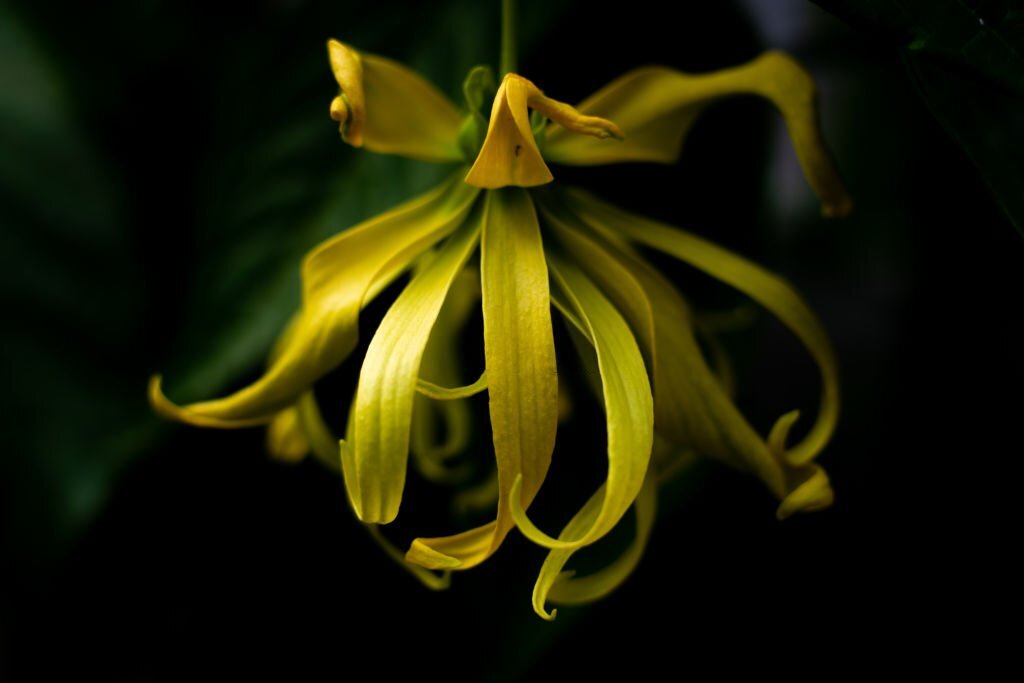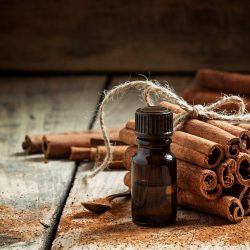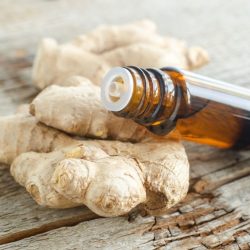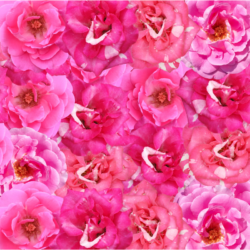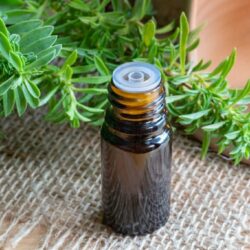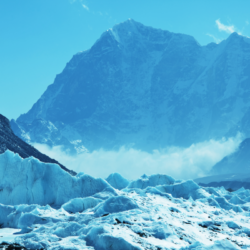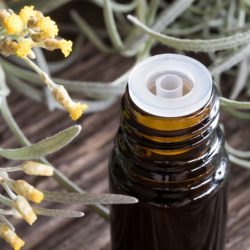The nickname of Ylang-ylang, “flower of love”, speaks for itself as it clearly evokes its aphrodisiac vocation , widely illustrated by its uses in cosmetology and in the perfume industry. Native to the tropical rainforests of Southeast Asia, ylang-ylang or Cananga odorata was introduced by the French to the Indian Ocean islands at the end of the 18th century. The powerful and floral note of this very sensual, aphrodisiac and relaxing essence has also become emblematic of Mayotte .
A little history
The distillation of ylang-ylang flowers was launched in Manila in the Philippines around 1860, by a sailor named Albert Schwenger who, seduced by the smell of the flowers, would have traveled the countryside with a still to harvest and distill small amounts of flowers. Shortly after, the cultivation of ylang-ylang will be undertaken on a large scale by the planters of the French possessions in the Indian Ocean on behalf of French perfumers.
In 1909, it was reported that there were 200,000 ylang-ylang trees grown in Réunion, however, their cultivation was later abandoned due to the frequency of tropical cyclones. Large-scale commercial production subsequently developed in Nosy-Bé (Madagascar) as well as in the islands of the Comoros.
The craze for ylang-ylang will be such that its culture will develop quite quickly outside its initial range. This is why it is found today as much in the Indian Ocean (Madagascar, Comoros, Reunion, Mayotte, Mauritius) as in Central America (Costa Rica, Caribbean).
What are the pharmacological properties of Ylang-ylang flower essential oil?
Sedative and anxiolytic effects:
A study in humans, treated by inhalation, has, among other things, demonstrated a reduction in stress objectified by the reduction of cortisol in the blood, and a drop in blood pressure in hypertensive patients. Another study, carried out by the dermal route, showed a reduction in the heart and respiratory rate involved in stress.
The essential oil of ylang-ylang therefore acts on general relaxation (as soon as there are “sighs” which are often a sign of “blockage”), it calms and soothes, relaxes and euphorizes.
Repellent effect:
Powerful repellent vis-à-vis mosquitoes, in particular the vector of dengue ( Aedes aegypti ), the essential oil of ylang-ylang has, however, a weak insecticidal and ovicidal action (destruction of eggs) on the vector of dengue fever, malaria and culex .
Cardioregulatory effect:
When inhaled, ylang-ylang essential oil reduces tachycardia, palpitations and blood pressure . It is therefore a cardiac sedative .
Antimicrobial effect:
This action has been demonstrated on Gram+. Ylang-ylang essential oil is also antifungal against Aspergillus as well as Candida.
Regulating effect:
This effect has been demonstrated on the skin’s sebum production.
Anti-inflammatory effect:
This effect results from an inhibition of the lipoxygenase in which linalool is implicated.
Other effects:
- Unblocks the cardio-respiratory plexus, when there is diaphragmatic blockage, balancing antispasmodic
- Hypotensive
- Analgesic
- Gives an appeasement, it says short durations
- Skin tonic, local protection after radiotherapy
- Hair tonic
- Aphrodisiac and sexual tonic
- Active on the SNA: pƩ-
- Euphoric
- Antidepressant
- Analgesic (30% dilution in a vegetable oil, in massages of the soles of the feet, used in pain centers)
Does Ylang-ylang essential oil require any precautions for use?
- Contraindicated in pregnant or breastfeeding women.
- Epileptic in high doses.
- Drug interactions with essential oils containing more than 10% ketones or phenols.
- Forbidden to animals.
- Contraindicated in children under 8 years old.
- Cutaneous irritation (dermocaustic) possible in its pure state and allergic risks by local route. Dilution required.
- Interaction with oral anticoagulants (clinical observation), ask your pharmacist for advice.
- Risk of long-term or high-dose neurotoxicity.
Medical bibliographic sources and clinical trials :
- Zhang, N., Zhang, L., Feng, L., & Yao, L. (2016). The anxiolytic effect of essential oil of Cananga odorata exposure on mice and determination of its major active constituents. Phytomedicine : international journal of phytotherapy and phytopharmacology
- Zhang N, Zhang L, Feng L, Yao L. Cananga odorata essential oil reverses the anxiety induced by 1-(3-chlorophenyl) piperazine through regulating the MAPK pathway and serotonin system in mice. J Ethnopharmacol. 2018
- Hongratanaworakit T, Buchbauer G. Evaluation of the Harmonizing Effect of Ylang-Ylang Oil on Humans after Inhalation. Planta Med 2004
- Hongratanaworakit T, Buchbauer G. Relaxing effect of ylang ylang oil on humans after transdermal absorption. Phytother Res. 2006
- McDonnell, B., & Newcomb, P. (2019). Trial of essential oils to improve sleep for patients in car diac rehabilitation. The Journal of Alternative and Complementary Medicine
- Tan LTH, Lee LH, Yin WF, et al. Traditional Uses, Phytochemistry, and Bioactivities of Cananga odorata (Ylang-Ylang). Evidence-based Complementary and Alternative Medicine : eCAM. 2015
- Jung, D. J., Cha, J. Y., Kim, S. E., Ko, I. G., & Jee, Y. S. (2013). Effects of Ylang-Ylang aroma on blood pressure and heart rate in healthy men. Journal of exercise rehabilitation Car.

